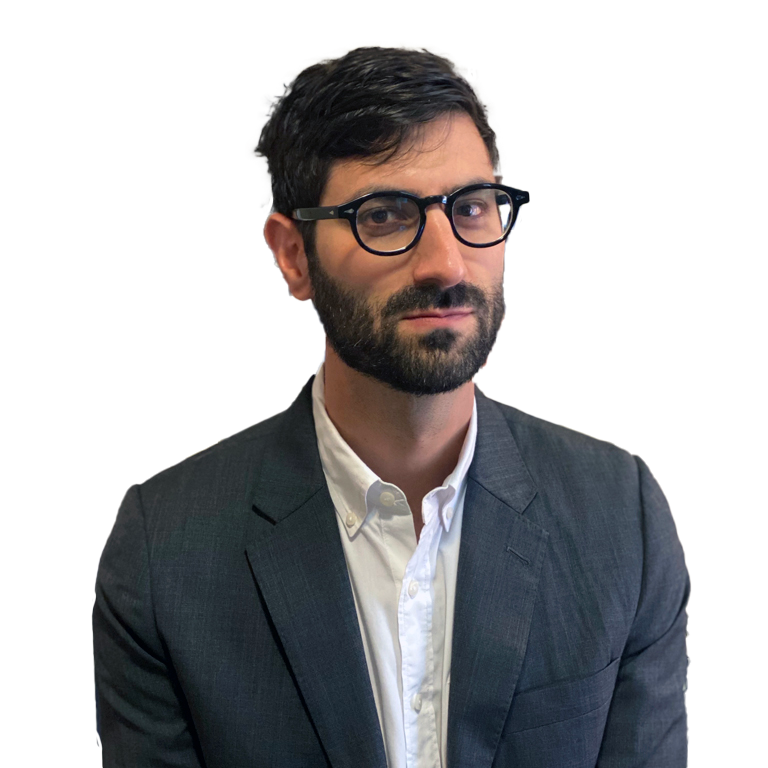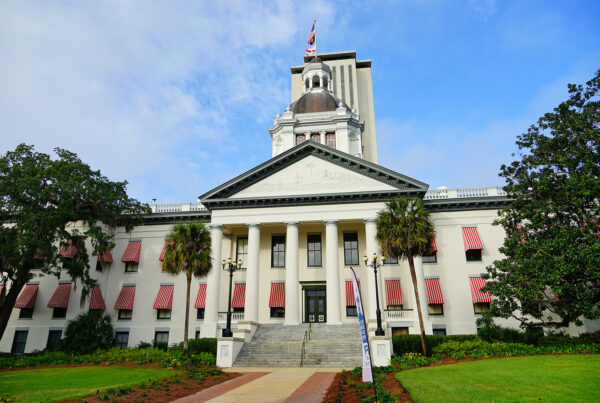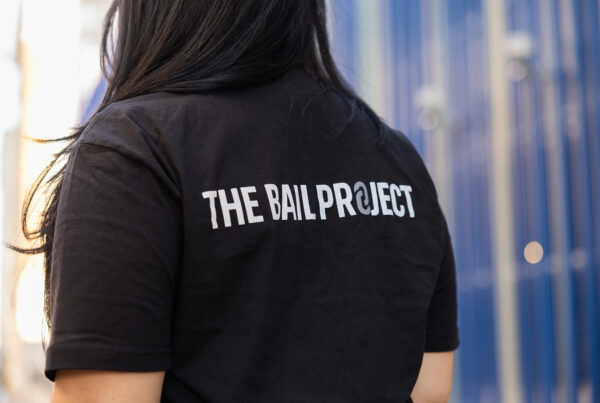Press Contact: Jeremy Cherson, Director of Communications
FOR IMMEDIATE RELEASE:
(ATLANTA, GA) — As previously announced, Georgia Senate Bill 63 forced The Bail Project to terminate its operations in the state. The ACLU of Georgia and the Institute for Constitutional Advocacy and Protection (ICAP) at Georgetown University subsequently sued to prevent Section 4 of the law from taking effect, arguing that the severe restrictions on charitable bail fund activity were unconstitutional and violated the First and Fourteenth Amendments. Today, a federal court overseeing the case determined that there would be “irreparable injury” if this section of the law went into effect, making the decision to temporarily block its implementation while the lawsuit continues towards resolution in court. The Bail Project issued the following statement in response:
“The court’s intervention today demonstrates that our system of checks and balances remains a vital safeguard against overreach in policymaking. It is fundamentally unfair when money is the primary determinant of who will be released pretrial. When we consider the great harms of pretrial incarceration – people lose jobs; children lose access to their caregivers; people lose homes – the decision the court made today seems obvious. Putting a price tag on someone’s freedom amounts to wealth-based detention.
Bail funds are filling a gap, not creating one. The Bail Project, and other charitable bail funds, intervene because of the egregious shortcomings created by wealth-based pretrial systems. Bail funds not only provide financial assistance, but also provide critical supportive services like court notifications, travel assistance, and referrals to services like drug treatment or employment assistance. Without these funds, there is no one to provide critical services to help someone navigate towards services that help them succeed. The nearly 31,000 clients served by The Bail Project, including 1,700 in Georgia, have returned to 91% of their court dates, lending convincing evidence that people will return to court without any of their own money on the line.
As a nation, we need to take a hard look at whether a system that punishes people because they can’t pay bail is the one we want. It certainly goes against one of the sacred principles of our justice system: that everyone is innocent until proven otherwise – which includes even those who are in jail simply because they’re too poor to pay bail.”
Thank you for your valuable attention. The urgency and complication of the cash bail crisis requires meaningful participation to create real change – change that is only achieved through the support of readers like you. Please consider sharing this piece with your networks and donating what you can today to sustain our vital work.












